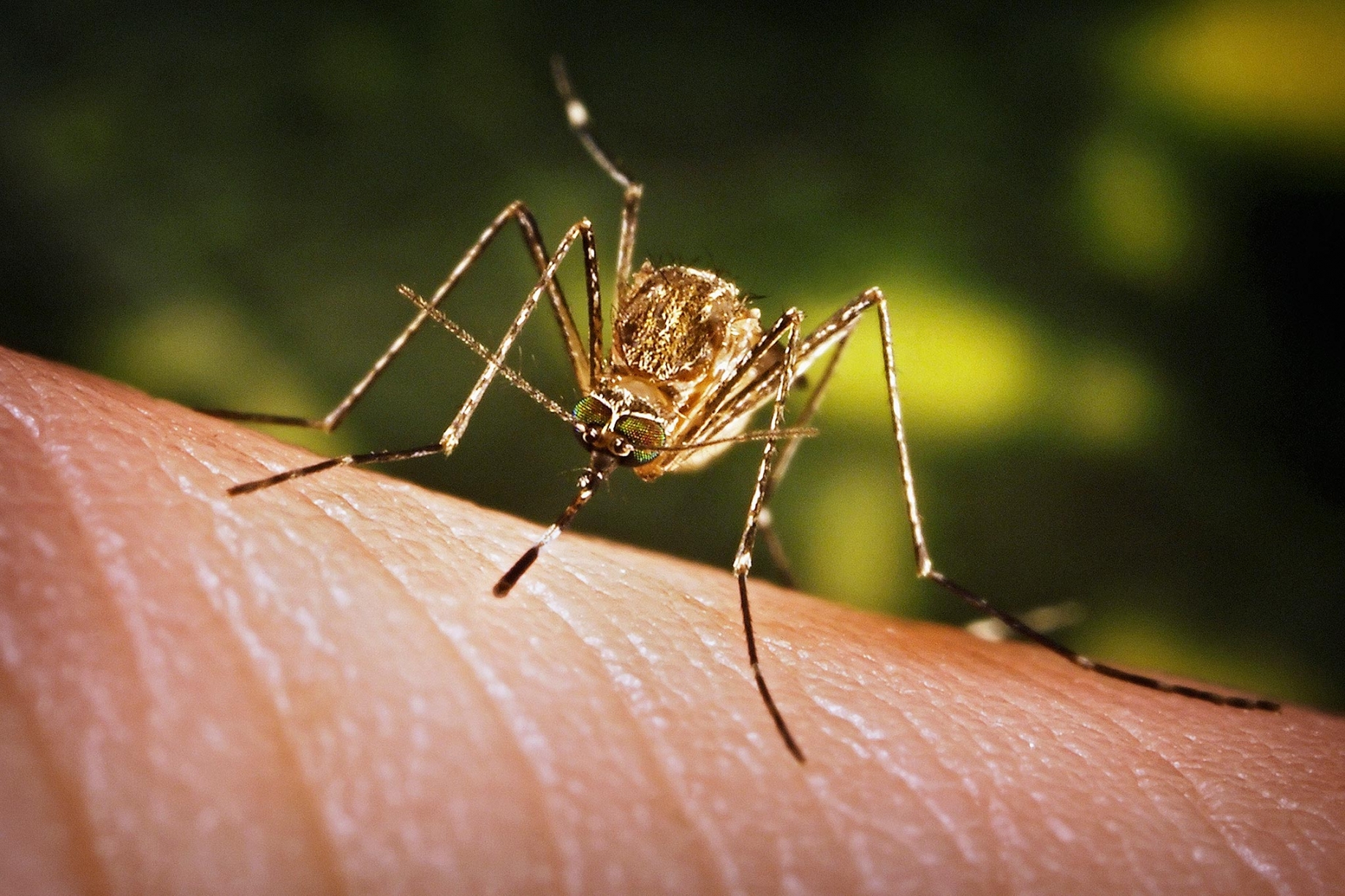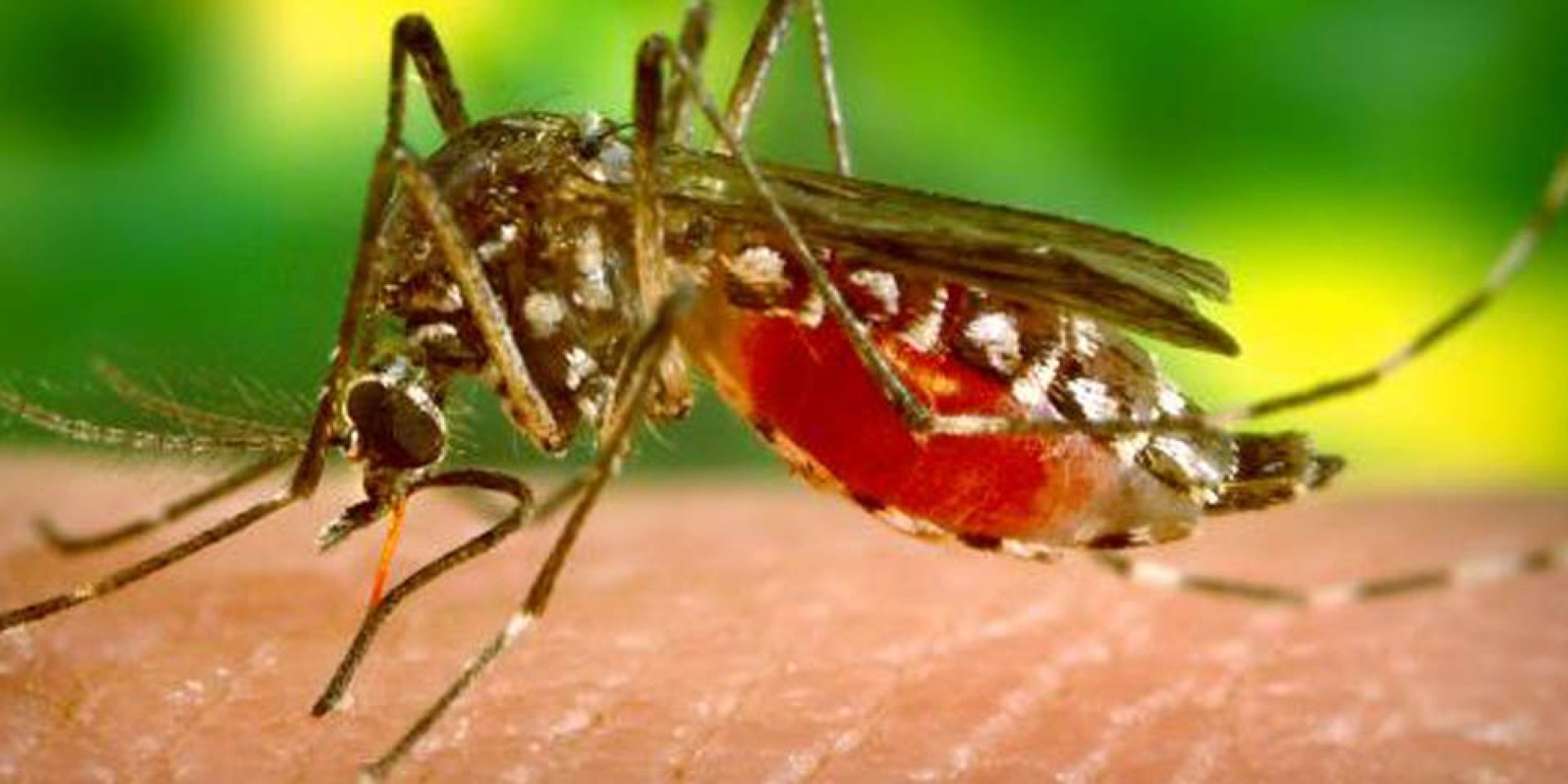Mosquito-borne illnesses are a significant concern in the United States, with over 2,000 cases reported this year. The most common disease transmitted by mosquitoes in the U.S. is West Nile virus, which can range from being mild or asymptomatic to causing severe brain inflammation.
Other viruses, like Eastern Equine Encephalitis (EEE), are also of concern, particularly in the Northeast, where they have caused severe cases. Older adults and those with underlying health conditions or weakened immune systems are at higher risk of developing serious illnesses from mosquito bites.
To protect against mosquito bites, experts recommend three simple steps: drain, dress, and defend. Draining stagnant water around your property helps eliminate mosquito breeding grounds. Dressing in long sleeves and pants, especially during dawn and dusk when mosquitoes are most active, reduces exposed skin.

Finally, defending yourself with EPA-registered insect repellents containing DEET provides proven protection against mosquito bites. Simple measures like maintaining window screens and using air conditioning can also be effective in keeping mosquitoes at bay.
In the age of social media, misinformation about mosquito repellents is widespread. Numerous DIY hacks, such as using vanilla, cinnamon, dish soap, or even bubble machines, have gained popularity online, but they lack scientific backing.
While these methods might be entertaining, they are not reliable for preventing mosquito bites, according to experts like Erin Staples from the CDC. The agency emphasizes that scientifically proven methods, like using DEET-based repellents, should be prioritized for protection.
Some traditional mosquito repellents, such as burning certain plants to create smoke or using citronella oil, have shown limited effectiveness. While smoke can deter mosquitoes, it is not ideal for extended use, especially for individuals with respiratory issues.
Citronella oil, a common natural repellent, offers about 30 minutes of protection, but it is generally less effective than DEET-based products. Therefore, while natural alternatives exist, they should not be relied upon as the primary method of defense against mosquito bites.
The CDC recommends DEET as the most reliable repellent against mosquito bites, advising that sprays containing 10-35% DEET be applied to exposed skin or clothing while avoiding sensitive areas.
Proper application, including washing hands after use and reapplying as needed, is crucial to ensure effective protection. The goal is to reduce exposure to mosquitoes to prevent illnesses and hospitalizations, which are avoidable with the right precautions.
